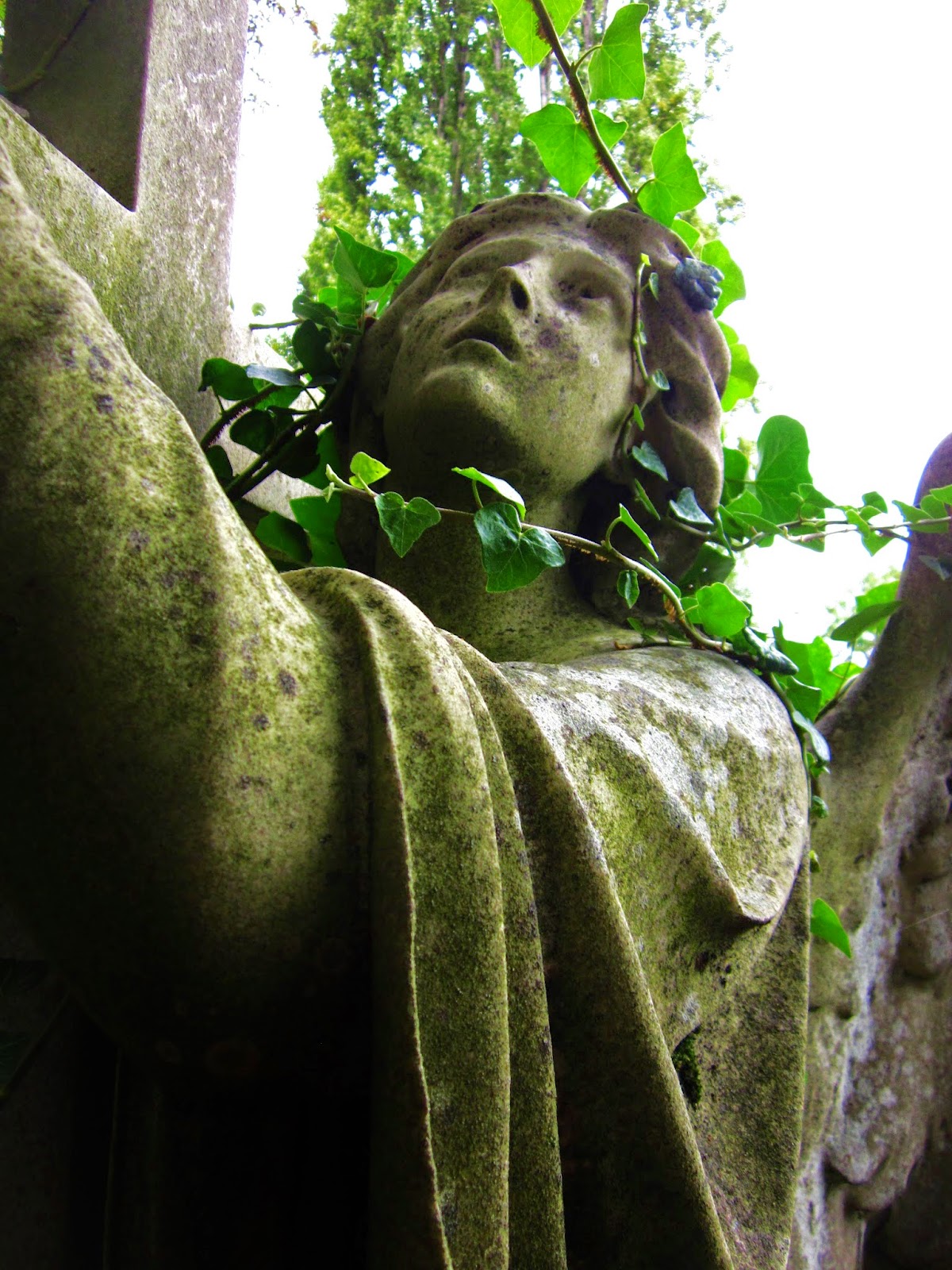Schock
 1977
1977Dir. Mario Bava
AKA
Beyond the Door II,
Transfert-Suspence-Hypnos,
Shock
Dora (Daria Nicolodi), her son Marco (David Colin Jnr) and her new husband Bruno (John Steiner) return to live in her old family home – the site of her first husband’s supposed suicide. Recovering from a nervous breakdown, Dora’s already fragile state of mind is pushed further towards the brink of sanity by strange occurrences in the house and the increasingly sinister behaviour of her young son. Dora begins to suspect that her former husband has returned from the dead to continue abusing her as he did in life. Is this the case, or has Dora just slipped quietly into madness?
Schock was director Mario Bava’s last film. Co-written by his son Lamberto and Dario Argento’s regular co-writer Dardano Sacchetti, certain segments of the film were also directed by Lamberto as Mario was in poor health. The writers tread a fine line throughout the film and the story is enshrouded in ambiguity and suggestion. Is Dora’s world being torn apart by supernatural events, or is it all in her traumatised mind? As she is such an unreliable narrator we are never quite sure if what she perceives to be happening is actually happening or not. Nicolodi’s compelling performance really helps to ground the film and as she is in practically every scene, she carries the film, commanding attention and generated sympathy throughout proceedings.
The Bava’s go all out with the camerawork to evoke Dora’s fracturing and increasingly unhinged state of mind. Bizarre angles and multiple shots of Nicolodi through frosted glass or crystal ornaments create skewed and warped visions that offer up a deliciously twisted perspective throughout the story. Even when nothing much is happening on screen, everything is rendered incredibly spooky and ‘off’ due to the unique manner in which it is filmed. Whilst not as fantastically lit as some of Bava’s previous films, Schock boasts striking camerawork and a genuinely uneasy atmosphere.
 The film contains some of Bava’s most breathtaking visuals – notably the scene in which Dora lays on her bed and her hair begins to snake and coil Medusa-like about her head as though blowing in an eerie spectral breeze. The strange power this moment wields is undeniable and provides one of the most memorable images in a film full of imaginatively shot scenes. Early on in the film Dora and Bruno are shown fooling around on the couch and Bava frames the shot with a huge ceramic hand in the foreground: the resulting image is inexplicably ominous and drenched in a creepy menace.
The film contains some of Bava’s most breathtaking visuals – notably the scene in which Dora lays on her bed and her hair begins to snake and coil Medusa-like about her head as though blowing in an eerie spectral breeze. The strange power this moment wields is undeniable and provides one of the most memorable images in a film full of imaginatively shot scenes. Early on in the film Dora and Bruno are shown fooling around on the couch and Bava frames the shot with a huge ceramic hand in the foreground: the resulting image is inexplicably ominous and drenched in a creepy menace. A streak of deviancy cuts through the film, particularly in the scenes depicting the none-too-subtle Oedipal relationship between Dora and Marco. Is Marco possessed by his dead father or is he, and indeed his mother, severely unbalanced? One moment that proves most uncomfortable to watch is the scene in which Marco taunts his mother, forcing her onto the ground where he proceeds to lay on top of her in a highly suggestive manner. The panic and confusion exuded by Nicolodi in these scenes is unshakable.
A streak of deviancy cuts through the film, particularly in the scenes depicting the none-too-subtle Oedipal relationship between Dora and Marco. Is Marco possessed by his dead father or is he, and indeed his mother, severely unbalanced? One moment that proves most uncomfortable to watch is the scene in which Marco taunts his mother, forcing her onto the ground where he proceeds to lay on top of her in a highly suggestive manner. The panic and confusion exuded by Nicolodi in these scenes is unshakable. Eventually the narrative disintegrates into increasingly morbid set pieces in which Dora is menaced somewhere in the house by her dead husband. His appearances throughout the film are chillingly realised and dreamlike. Another perturbing scene features Marco creeping into his mother’s room to watch her as she sleeps. This scene is creepy enough to begin with, but when we cut to Dora in her troubled slumber, the appearance of a seemingly disembodied, decomposing hand reaching into the shot to caress her face, elevates the scene into truly nightmarish territory. Occasionally events spiral into ludicrous cliché such as when Marco attaches a photograph of Bruno to a swing, and when he begins to push the swing back and forth we cut to Bruno piloting an aeroplane and hitting severe turbulence. He looks set to plummet to his death until Dora calls Marco away from the swing.
 The score, courtesy of Goblin-like prog-rockers I Libra veers between atmospheric compositions and eerie sound effects, to raucous rock orientated pieces. A number of the brain-searing electronic compositions are effective though and really enhance the troubling atmosphere.
The score, courtesy of Goblin-like prog-rockers I Libra veers between atmospheric compositions and eerie sound effects, to raucous rock orientated pieces. A number of the brain-searing electronic compositions are effective though and really enhance the troubling atmosphere. Schock is a slow-burning horror film crossed with a distressing psychological study of the effects of domestic abuse, trauma and guilt on one woman’s mental health. It benefits from a limited cast, a truly striking performance from Daria Nicolodi, moody location and compelling storytelling. A fitting final film from one of the most influential, imaginative genre directors in the history of horror and fantasy cinema.


